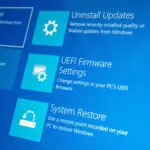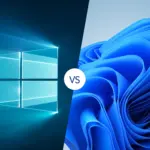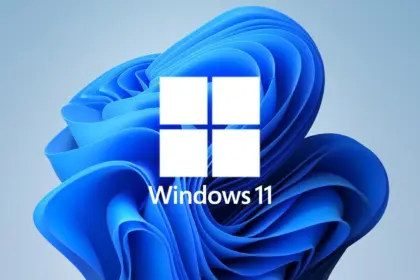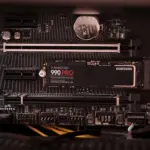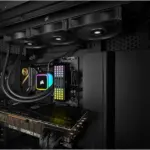By October 2025, monthly security updates will no longer be available for your outdated but still usable Windows 10 computer. Additionally, updating that computer to Windows 11 is the most straightforward solution, despite the fact that you have several possibilities.
These days, Microsoft is seriously discriminating against your Windows PCs based on age. Windows 10 can run on even the oldest computers, but not everyone can update to the most recent version.
Today, there are more than 1 billion Windows PCs worldwide, the majority of which are running Windows 10. Whether your PC can survive another ten years or if it is time to locate a retirement home depends on where it fits in. One easy inquiry will help you sort yourself out: What is the exact age of that PC?
The design date of the PC and its internal components is far more important than the date of purchase. And the CPU is the most crucial part of those parts. The System Information tool, Msinfo32.exe, can be used to find that information in Windows 10. As in the example below, find the Processor value on the System Summary page.
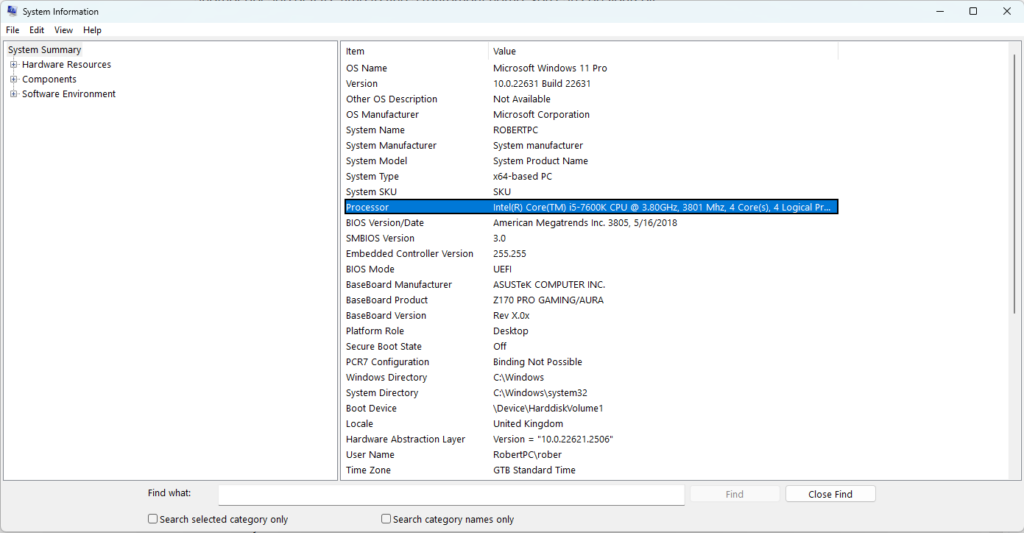
Equipped with such knowledge, you can categorize your computer into one of four groups. Here’s how to determine which one you belong to.
2019 or after
In general, Windows 11 can be fully supported on PCs that were designed and constructed in 2019 or after. If the CPU on your computer appears on any of the following lists, it is in this bucket.
- Windows 11 supported Intel processors: The main list starts with Core 8th Generation parts, which debuted in early 2019. (A few older, 7th Gen CPUs are on the list, but they are mainly found in high-end business machines.)
- Windows 11 supported AMD processors: Most Ryzen and Epyc CPUs that were first shipped in 2019 or later are included here.
- Windows 11 supported Qualcomm processors: Arm-based PCs running a Snapdragon 850 or later are eligible to upgrade to Windows 11.
By design, any computer with one of the CPUs on this list will also have a Trusted Platform Module (TPM) version 2.0, which is another crucial component needed for Windows 11.
If your computer is in this category, you can use Windows Update or the Windows 11 Installation Assistant to upgrade to Windows 11, which should allow it to function well for another ten years.
You will need to do some research if your CPU is not on any of those listings. By visiting the processor specifications page of AMD or Intel and looking up the part name (i7-11850H, for instance), you can find some crucial hints regarding the age and capabilities of a CPU.




